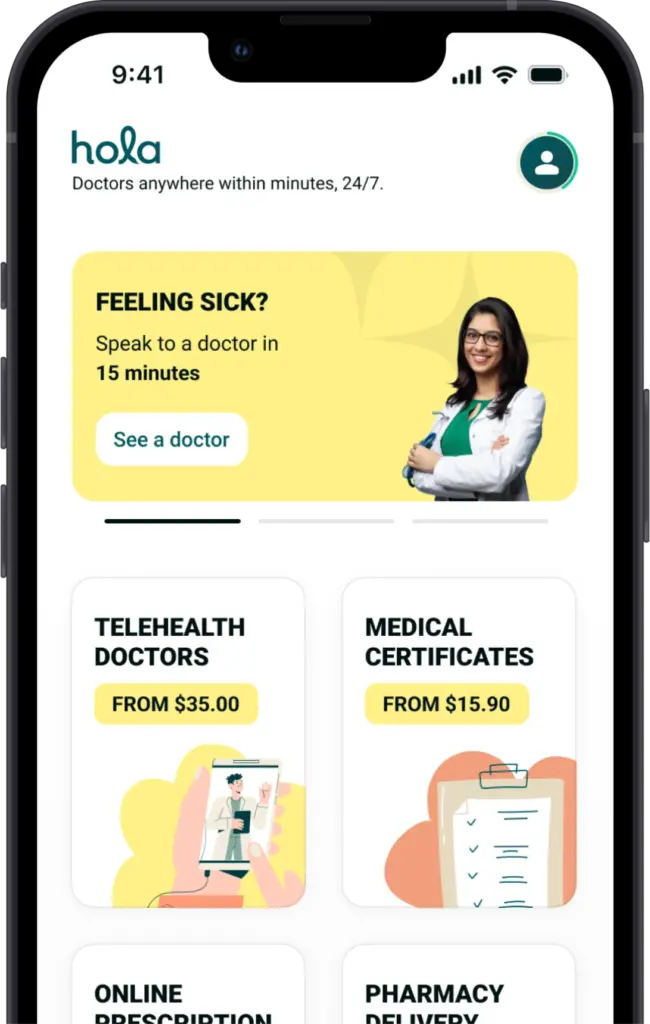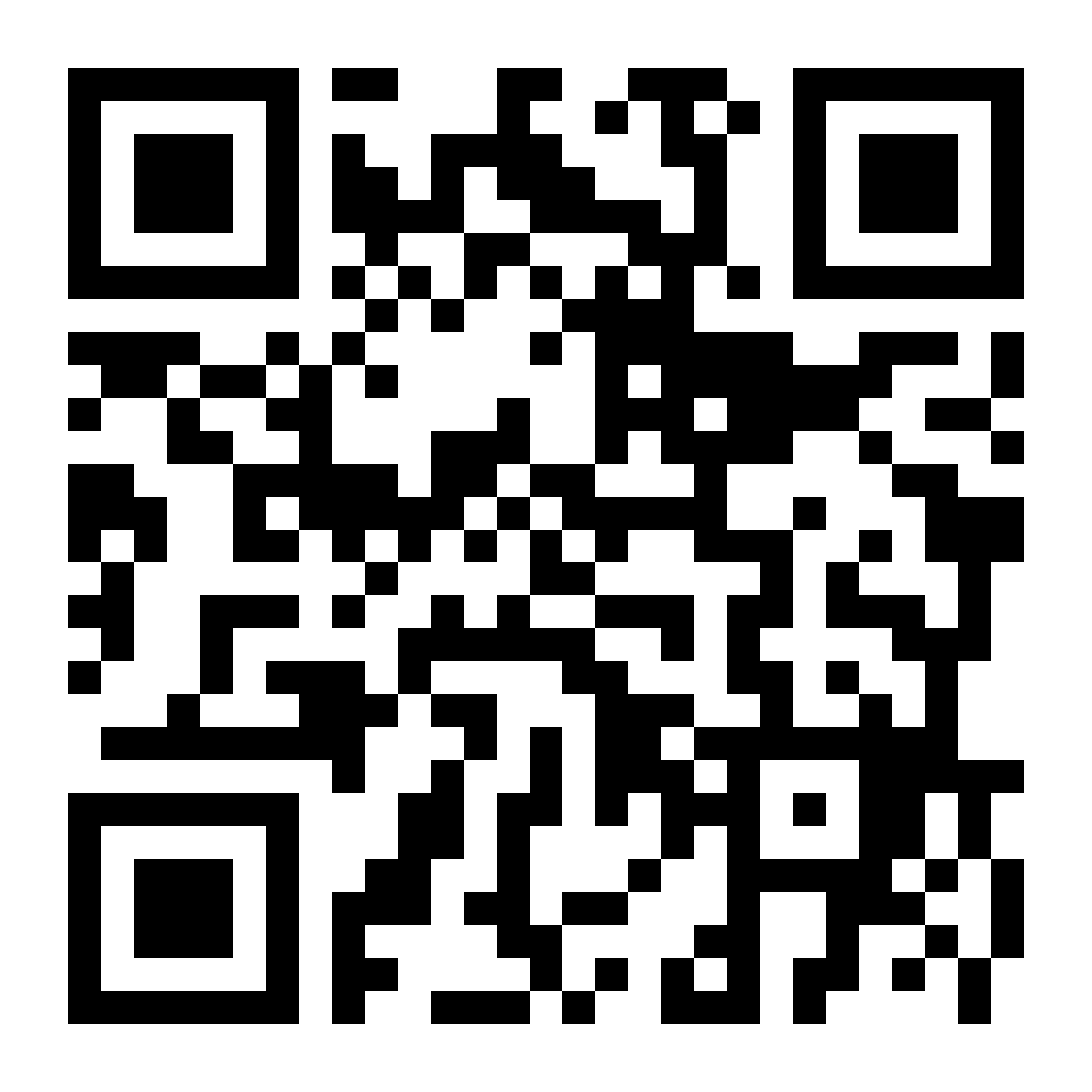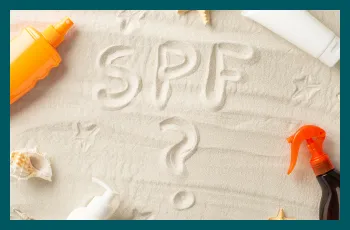- Home
- /
- Health Conditions
- /
- Cold Sores
Cold sores treatment
Cold sores, also known as fever blisters, are small, painful blisters that usually appear around the lips or mouth. Suffering from cold sores? Avail instant medical advice from AHPRA-accredited health practitioners within 15 minutes, 24/7.
4.6/5 based on 28000+ reviews
How our doctors can help
Online GP consultation
From $39
Medical certificates
From $14.90
Specialist referrals
From $39
Prescriptions
From $18.90

When to consult a doctor for cold sores?
If it’s your first outbreak or if it’s severe
See a doctor if this is your first cold sore and you’re unsure about the symptoms, or if cold sores are frequent, unusually large, very painful, or make it difficult to eat, drink, or speak.
If the cold sore isn’t healing or became infected
Consult a doctor if sores last longer than 10–14 days without improvement, or if you develop a high fever, swollen glands, pus, or increasing redness, which may indicate a secondary infection.
If you are high risk or it’s in a sensitive area
Seek medical advice urgently if the cold sore appears near your eyes, or if you have a weakened immune system due to illness or medication, as complications can be more serious.
This guide does not replace professional care. Consult a doctor to manage your symptoms. In emergencies, call 000 or visit a hospital immediately. The content is research-backed & medically reviewed by Dr. Ammar AL-ANI, MBChB, CCBST, AMC
Symptoms and causes
Cold sores symptoms generally include tingling, itching and burning sensations. There could be
small fluid-filled blisters that burst and crust over. Sometimes symptoms include swollen lymph nodes, mild fever or sore throat.
Cold sores causes
- Stress and emotional strain
- Fatigue or physical exhaustion
- Illnesses like colds, flu, or fever
- Exposure to strong sunlight or UV rays
- Hormonal changes (including menstruation)
- Weakened immune system
- Injuries to the lips or mouth
- Dehydration or dry, chapped lips
Complication of cold sores
- Secondary bacterial infections: Blisters can become infected, causing redness, pus, or increased pain.
- Eye infections (Herpes keratitis): If the virus spreads to the eyes, it can lead to serious issues like corneal damage or vision problems.
- Severe outbreaks in people with weakened immune systems: Such as those with HIV, cancer, or on immunosuppressant medications.
- Eczema herpeticum: A rare but serious condition where the virus spreads to large areas of skin in people with eczema.
- Psychological distress: Recurrent cold sores can cause anxiety, embarrassment, and social discomfort.
- Scarring: Rare, but can happen if sores are repeatedly picked at or become infected.

Preventing the spread of cold sores
Cold sores are highly contagious, especially when the blisters are visible and fluid filled. Here are some prevention methods to try after GP advice:
- Avoid direct contact with cold sores, no kissing, sharing utensils, or lip balms with someone who has an active sore.
- Manage stress levels with mindfulness, exercise, or relaxation techniques.
- Use lip balm with SPF to protect your lips from sun exposure, a common trigger.
- Keep your immune system strong with regular sleep, a balanced diet, and hydration.
- Avoid excessive fatigue and physical exhaustion.
- Recognise early warning signs like tingling and start antiviral treatment promptly.
- Stay well-hydrated and avoid letting your lips dry out.
Hola Health provides a fast and convenient way for you to see a doctor online in minutes, 24/7 across Australia. Much like an in-person GP clinic, our AHPRA-registered Australian online GP will conduct a comprehensive assessment to provide the best possible care, instantly.

Speak to our doctors 24/7
Providing consults for
Helpful resources

Download our Mobile App for better performance
- Book appointments instantly.
- Stay connected wherever you are.
- Experience healthcare, uninterrupted.
 Scan the QR Code to download the app instantly
Scan the QR Code to download the app instantly 

